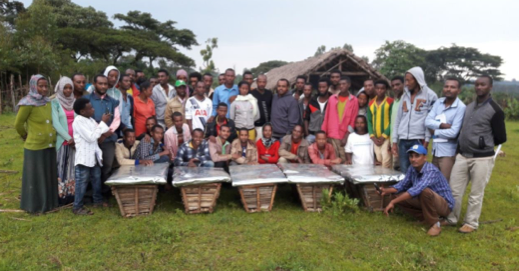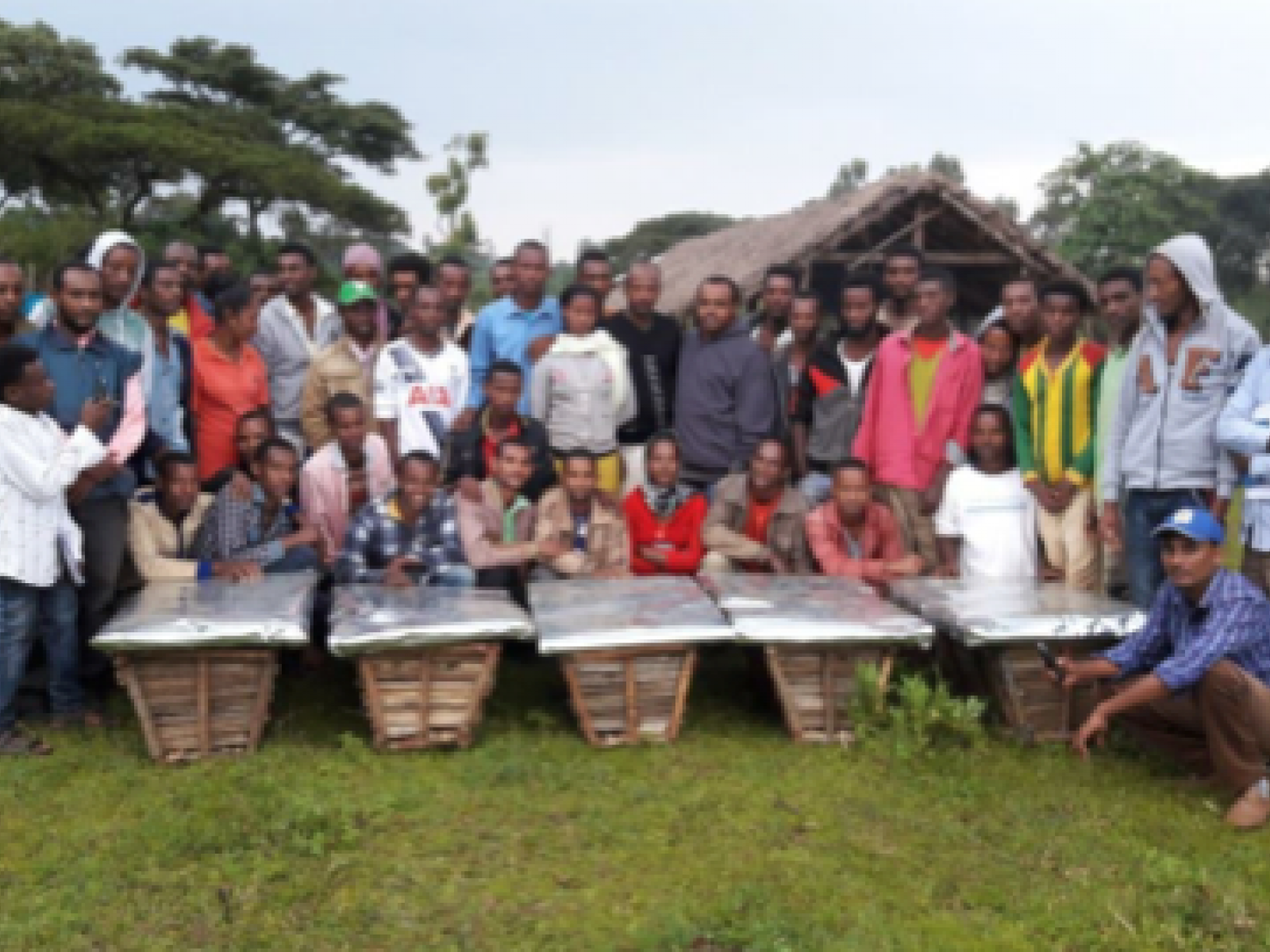An Overview Of Our Solution
- Population Impacted:
- Continent: Africa
Organization type
Population impacted
Size of agricultural area
Production quantity
People employed
Describe your solution
Describe your implementation
External connections
What is the environmental or ecological challenge you are targeting with your solution?
Describe the context in which you are operating
This project is implemented in the South West Ethiopia Elu Aba Bora zone which is one of the 19 zones of Oromia regional states, with better resource endowment in the region. However, the immense resource and vegetation utilization and productivity level is still low and degradation of resource is higher. Our project is working in Alle district of this zone with a plan to expand to other potential districts of the zone. This area is covered with huge natural forests and has favorable climatic conditions for beekeeping and ideal place for organic honey production. Due to large forest area agricultural plots are relatively small on average is about 1.1 ha. In Ale district, there are three honey harvesting periods of which the major one is contributing 70 % of the annual honey production. Honey production is the main agricultural practice for most households indigenously inherited from father to son. It contributes more than 50% of beekeepers household income. Livestock and small-scale vegetable production are also practiced. However, despite its potential in natural resource there is a big rural unemployment in the district due to shortage of land and challenge to create job for the youth. Shortage of land and lack of off farm job in rural area create big natural resources depletion. In order to keep productive rural unemployed youth in the agriculture sector and to conserve the natural forest sustainably, it is vital to create sustainable agribusiness job for the youth.
How did you impact natural resource use and greenhouse gas emissions?
Language(s)
Social/Community
Water
Food Security/Nutrition
Economic/Sustainable Development
Climate
Sustainability
In the first place, there is potential for the current organic product market demand to support higher supply. The project is economically sustainable because it will ultimately improve the income of producers due to the price and demand for organic honey is much better and improving from time to time. The production system is highly integrated with natural forest conservation, hence it is environmentally friendly and economically sustainable. This business already secures market for the honey produced. Since sustainable supply chain is in place and supported by good market the business can finance itself and no need to rely on funding. To keep the supply chain strong the money earned will be re invested to strengthen the supply chain.
Return on investment
Entrant Image

